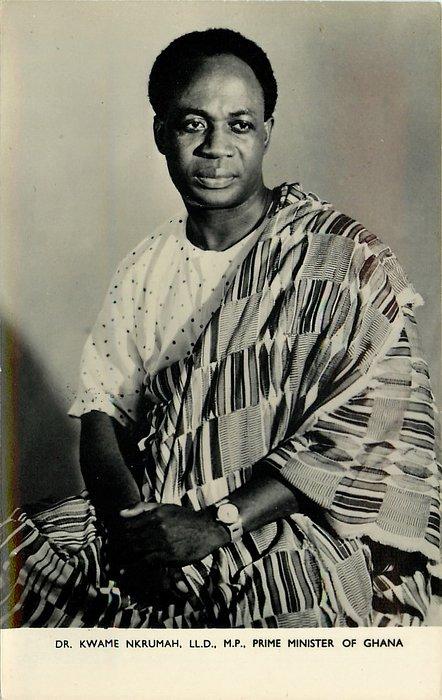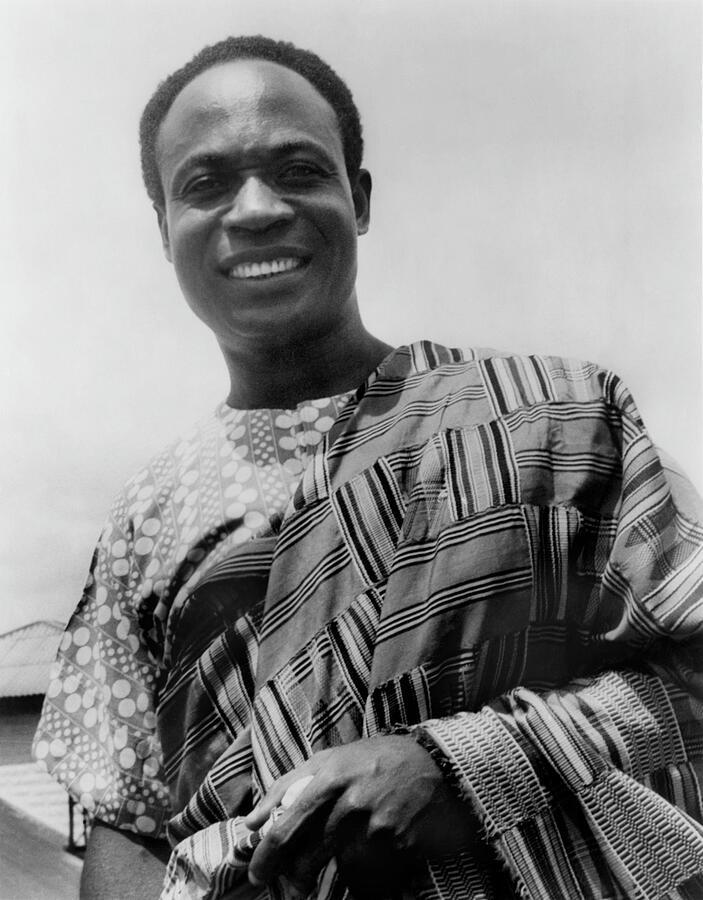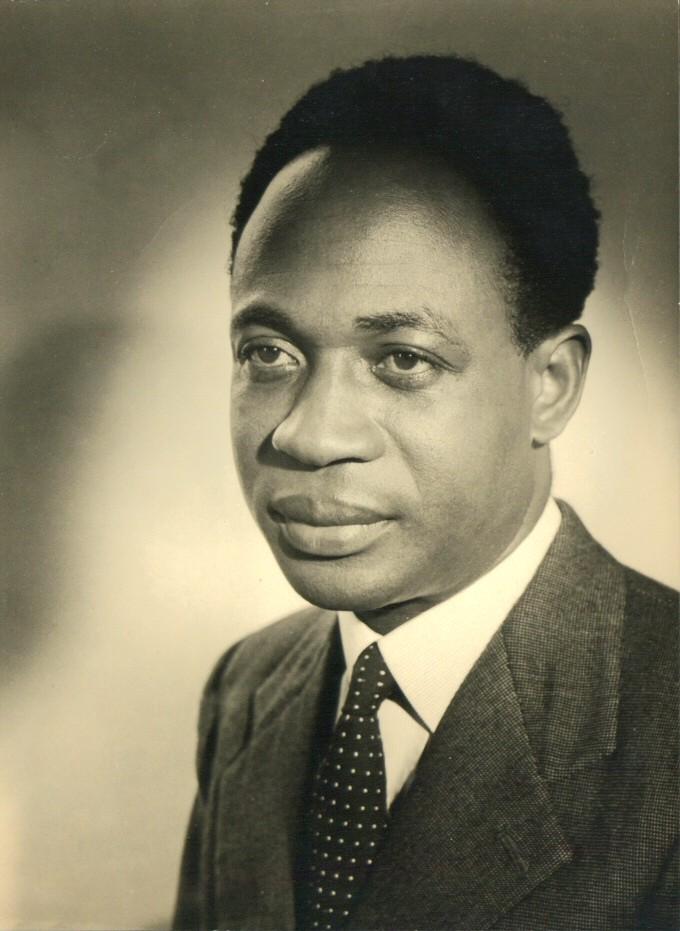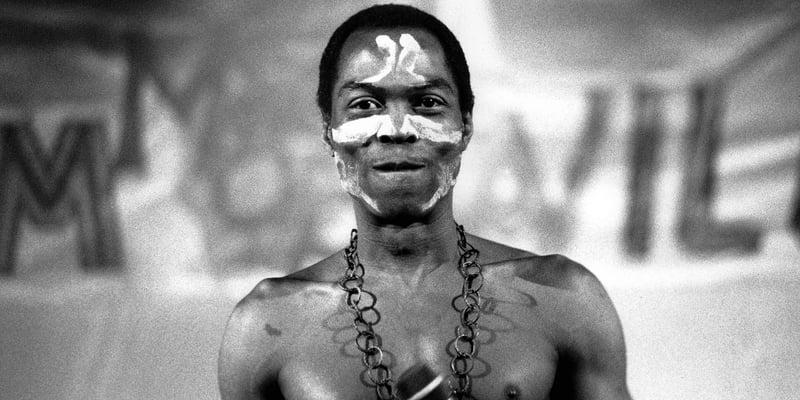The Dream That Never Died
In 1957, Kwame Nkrumah stood before a jubilant crowd in Accra and declared, “The independence of Ghana is meaningless unless it is linked up with the total liberation of the African continent.” Those words ignited a fire that became the heart of Pan-Africanism, a movement for unity, self-determination, and shared destiny among African people.
Nearly seven decades later, in 2025, Nkrumah’s dream is still alive, but it has evolved. From politics to music, technology to trade, Pan-Africanism has taken on new forms, championed by a new generation determined to finish what he began.
“Watch Nkrumah’s stirring call for African unity at the 1963 All-African People’s Conference.”
The Origins of a Visionary

Kwame Nkrumah was more than Ghana’s first president. He was a revolutionary thinker who believed Africa’s strength lay in unity. At independence, he advocated for:
- A United States of Africa, with one army and one economic system.
- The Organization of African Unity (OAU) in 1963, which later became today’s African Union (AU).
- Investment in education and industrialization to break dependence on colonial powers.
Though criticized for his rapid centralization of power, Nkrumah’s Pan-African ideals inspired leaders across the continent, from Julius Nyerere in Tanzania to Thomas Sankara in Burkina Faso.
Pan-Africanism Then vs. Now

In the 1960s, Pan-Africanism was about political liberation, freeing African nations from colonialism. Today, in 2025, its focus has shifted to:
- Economic Integration: The African Continental Free Trade Area (AfCFTA), launched in 2019, is the largest free trade agreement in the world by population. It aims to reduce trade barriers and create a single African market.
- Cultural Power: Afrobeats, Amapiano, Nollywood, and African fashion dominate global stages, spreading Pan-African pride through soft power.
- Digital Unity: From Kenya’s M-Pesa mobile money to Nigeria’s fintech boom, African tech is connecting the continent faster than ever.
- Political Solidarity: While divisions remain, African voices are increasingly unified in global forums, demanding fairer treatment in trade, climate action, and governance.
Challenges That Remain
Despite progress, Nkrumah’s dream faces hurdles:
- Fragmented Politics: National interests often override continental goals.
- Economic Dependence: Many economies still rely heavily on exporting raw materials instead of value-added industries.
- Youth Unemployment: Africa’s booming youth population (over 60% under 25) faces limited opportunities, fueling migration and instability.
- Leadership Gaps: Corruption and weak governance sometimes derail unity efforts.
Yet, each of these challenges also presents an opportunity for Pan-African renewal.
The Torchbearers of 2025
Today’s Pan-Africanism is not only carried by presidents and policymakers. It is being shaped by:
- Artists Burna Boy, Angelique Kidjo, and Black Sherif use music to tell African stories.
- Entrepreneurs: African startups like Flutterwave, Andela, and Jumia are linking the continent’s economies.
- Activists: Movements like #EndSARS in Nigeria and climate justice campaigns in South Africa echo a united African voice.
- Diaspora Communities: From Atlanta to London, African diasporas are reconnecting with the continent, investing in businesses, tourism, and culture.
Why Nkrumah’s Vision Still Matters

Pan-Africanism is not nostalgia; it is necessity. In a world of superpowers, no single African country can compete alone. But together, Africa is a rising giant:
- By 2050, it will be the world’s largest workforce.
- Its natural resources remain critical to global industries.
- Its culture and creativity already shape global trends.
Nkrumah’s legacy reminds us that Africa’s true power lies not in its borders, but in its unity of purpose.
From Vision to Reality
Kwame Nkrumah’s dream was bold, perhaps even ahead of its time. But in 2025, his words still resonate: Africa’s independence is meaningless without unity. The task for today’s generation is to carry that dream forward, not just in speeches, but in trade agreements, cultural exchanges, tech innovations, and solidarity across borders.
Pan-Africanism is no longer an abstract idea. It is lived every day, in the beats of Afrobeats, the code of African tech, the policies of AfCFTA, and the voices of young Africans demanding change.
And as Nkrumah would remind us, the struggle continues, but so does the dream.
Leave a comment
Your email address will not be published. Required fields are marked *




